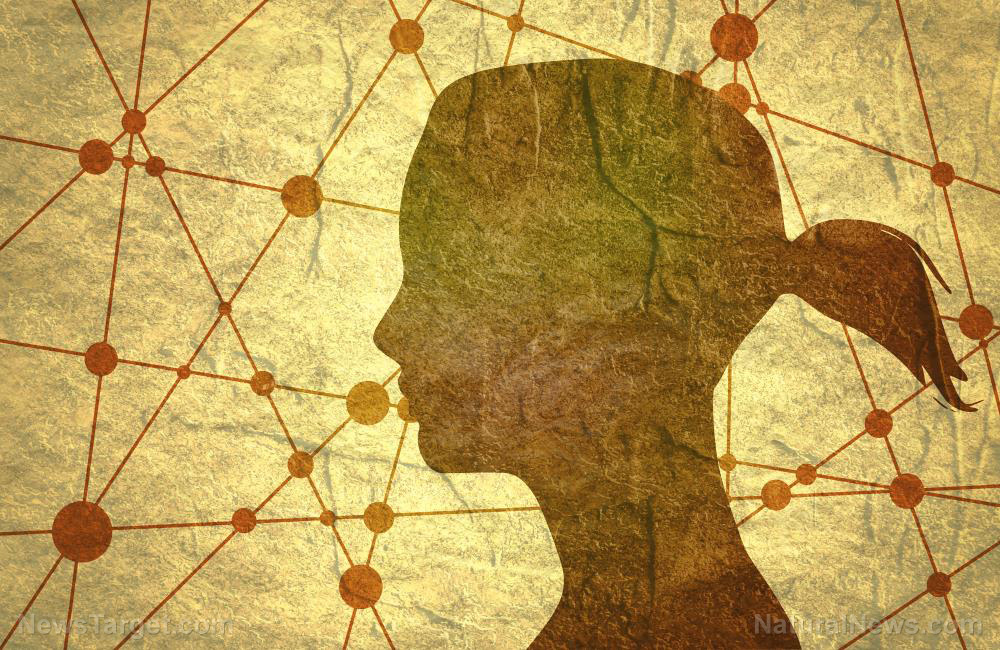Does bread make you dumb? Gluten found to restrict blood flow to the brain, according to new research
05/07/2019 / By Vicki Batts

There’s nothing quite like fresh pasta or bread and butter, but if you want to keep your brain at its best, it may be time to say “bye bye” to your beloved, glutinous carbohydrates. Decades of research shows that gluten can have an array of adverse effects on brain health, and new studies show that the protein actually inhibits blood flow to the brain. This is big news for anyone who struggles with brain fog after a gluten-heavy meal.
Gluten is a protein found in a number of grains which gives food structure, texture and acts as a “glue” to hold everything together. Grains that contain gluten include wheat, barley, rye and triticale — but gluten can be found in many unexpected places. Gluten can be found in everything from snack foods to soups to processed meats.
It’s well known that gluten can have negative effects in people with celiac disease or gluten sensitivity, but the finding that gluten can cause adverse health effects in non-sensitive people is quite shocking.
Gluten on the brain
Sayer Ji, founder of Green Med Info, reports that over 60 years worth of research has tied gluten consumption to the onset of schizophrenia. Back in 1954, Ji says, scientists found that following a gluten-free diet was an effective strategy for managing or fully resolving cases of schizophrenia.
Since that time, much of the research on gluten’s brain effects has been focused on the relationship between gluten and the gut-brain axis. But, as Ji reports, there is a growing body of research which points to another possible cause: Gluten cuts off blood flow to the brain.
According to Ji’s research, evidence that gluten affected brain blood flow first surfaced in a 1997 case study. In the study, a 33-year-old patient with a “schizophrenic disorder” diagnosis displayed symptoms of gluten intolerance, including diarrhea and weight loss. The patient also underwent a brain scan, where a decrease in blood flow to the frontal cortex was detected.
“A gluten-free diet resulted not only in the normalization of intestinal damage and autoantibodies, but also in the return of blood flow to the frontal cortex, and the resolution of schizophrenic symptoms,” Ji reports.
In 2004, a more in-depth follow-up study was performed. Italian researchers studied 15 celiac patients who followed a gluten-free diet for one year, 15 celiac patients who went untreated and 24 healthy volunteers without celiac. The second study again found that following a gluten-free diet boosted blood flow in the brain for patients with celiac disease.
“If wheat consumption, through some as-of-yet unknown mechanism, interferes with blood flow to the brain in susceptible individuals, and as a result disrupts the executive functions of the brain, abstaining from it should be considered a reasonable precautionary behavior, assuming we wish to retain these critical functions related to morality, cognizance, and social responsibility,” Ji contends.
Other potential hazards of gluten
Gluten has been tied to a wide array of ill effects, especially when it comes to the brain. The demonstrable reduction in blood flow to the brain described in Ji’s recent article seems to match up perfectly with the symptoms described by sensitive individuals who’ve accidentally consumed gluten. Brain fog, difficulty concentrating and migraine headaches are some of the symptoms patients describe — and it’s hard not to wonder if these symptoms could be related to a decrease in blood flow to the brain, as well.
Insomnia, anxiety and depression are also widely reported symptoms in patients with gluten sensitivity or celiac disease. But gluten can also have adverse effects on people who don’t seem to display “traditional” signs of intolerance. And many of these side effects may never even be attributed to their actual cause. Gluten may not be the cause of all your problems, but it could be.
Learn more about what you’re eating at Food.news.
Sources for this article include:
Tagged Under: Brain, brain function, brain health, bread, gluten, gluten brain, toxic ingredients



















